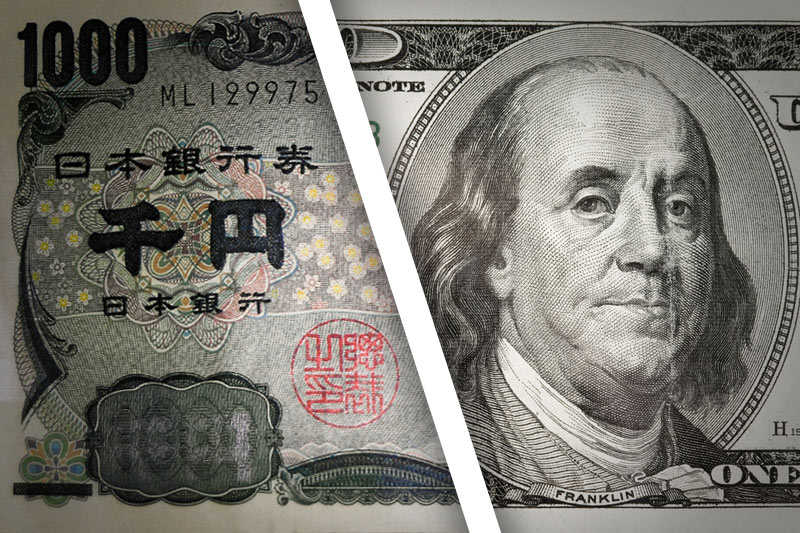Investing.com -- The Japanese yen remained relatively unchanged against the U.S. dollar on Tuesday, after U.S. president Barack Obama and Japan prime minister Shinzo Abe indicated they are deeply confident that a comprehensive trade agreement between the U.S. and nearly a dozen Asian-Pacific nations can be reached.
USD/JPY fell slightly in U.S. afternoon trading to YEN 118.89 roughly an hour after the start of the joint news conference at the Rose Garden on the steps of the White House. Earlier, the dollar moved above 119 to a session-high of 119.20, before falling to a near daily-low of 118.81 minutes before the beginning of the press conference.
The pair is down more than 1% over the last two weeks when it reached 120.12 on April 13.
In July, 2013, Japan became the 12th nation to join negotiations of the Trans-Pacific Partnership (TPP), a free trade agreement involving the United States, Japan, Australia, Brunei, Canada, Chile, Malaysia, Mexico, New Zealand, Peru, Singapore, and Vietnam. The United States and its TPP partners envision the agreement as “a comprehensive, next-generation regional agreement that liberalizes trade and investment and addresses new and traditional trade issues and 21st century challenges.”
While a large percentage of U.S. businesses reportedly welcome Japan's participation in the pact, the trade agreement has been met with resistance by the U.S. auto industry and the United Auto Workers union. A cap on the amount of rice the U.S. can sell to Japan without encountering a tariff could be another sticking point in the negotiations.
One day before Abe will become the first Japanese prime minister to address a Joint Session of Congress, Abe said significant progress has been made in negotiations.
"We will continue to cooperate to lead the TPP talks through its last phase," Abe said. "We have confirmed that we will work together for the earliest, successful completion of the talks."
Responding to a question on whether reaching a trade deal is important to curtail the influence of China militarily and economically, Obama said the deal is "good for American workers regardless of what China is doing." Obama previously indicated that a deal would be necessary for restraining China's influence.
"We believe the case on the merits as to why it will open up markets for American goods, American exports and create American jobs," Obama said. "This is not simply a defensive agreement this is something that will be part of our economic agenda moving forward."
The yen has stabilized somewhat against the dollar after hitting an eight-year low at 121.47, as the aftershocks of a Japanese sales-tax hike last spring continued to be felt.
Elsewhere, the U.S. Dollar Index, which measures the strength of the greenback versus a basket of other major currencies, fell 0.67% to 96.25, as consumer confidence for April plunged significantly below its level from March.
